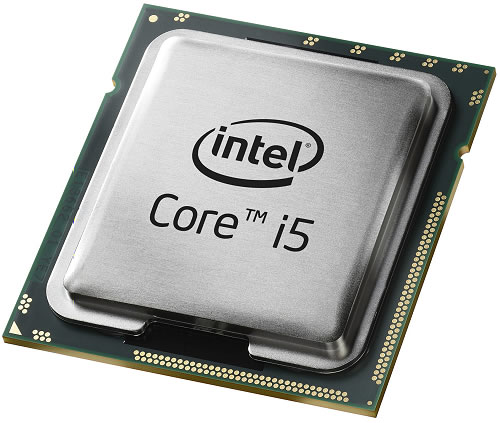It has been 10 months now since Intel unleashed its Nehalem architecture and we showed you the Core i7 920, 940 and 965 Extreme Edition. Not much has changed in the high-end sector during this timeframe, as Core i7 processors are still brutally fast and equally expensive.
The most affordable option debuted as the Core i7 920 at $280 and that is exactly how much it costs today. The Core i7 940 has been replaced by the 950, offering a small performance bump and the same ~$570 charge, while the flagship Core i7 965 Extreme Edition was superseded by the even more potent 975 Extreme Edition in the $1,000 price point.
Although the processor front has remained much the same, there is now a serious range of X58 motherboards on offer with more than fifty products available from half a dozen manufacturers. If you know where to look, it is possible to purchase one of these for as little as $170, with the more luxurious models costing upwards of $400.

Another big change has come with the decrease of DDR3 memory pricing. When we tested the Core i7 processors last November, a triple-channel 6GB kit would set you back at least $250, today you have to spend no more than $100. This means you can get yourself a Core i7 920 with motherboard and memory for under $600 today. And while this may sound like a killer deal to some, not everyone needs the processing power of Intel's enthusiast-grade platform or is willing to pony up the money for it.
The Core i5 750 is the first release in a series of processors based on a mainstream version of the Core i7 platform. It is a quad-core part based on the "Lynnfield" architecture, fabricated using a 45nm process and will use a new LGA1156 platform. This new chip is set to cost just $199, it will operate at a healthy 2.66GHz and feature a whopping 8MB L3 cache, but no Hyper-Threading support will be present.
When we first heard about the upcoming release of a mainstream version of the Core i7 we were excited about the idea except for Intel's decision of using multiple platforms. That said, the new LGA1156 socket will support a number of new Intel processors, including the Core i3 and Core i5 series. There will also be a range of Core i7 processors designed for the aforementioned socket.
In order to cut the cost of this processor and the LGA1156 platform, Intel has removed one of the memory controllers and replaced the high bandwidth QPI link with the slower DMI chip-to-chip interconnect.
In the next few pages we will go into more detail about Intel's reworked desktop CPU line-up, the new P55 chipset (LGA1156), and our usual load of benchmarks comparing this new processor against current Core 2 Quad offerings, the Core i7 920 and the AMD Athlon II X4 965.